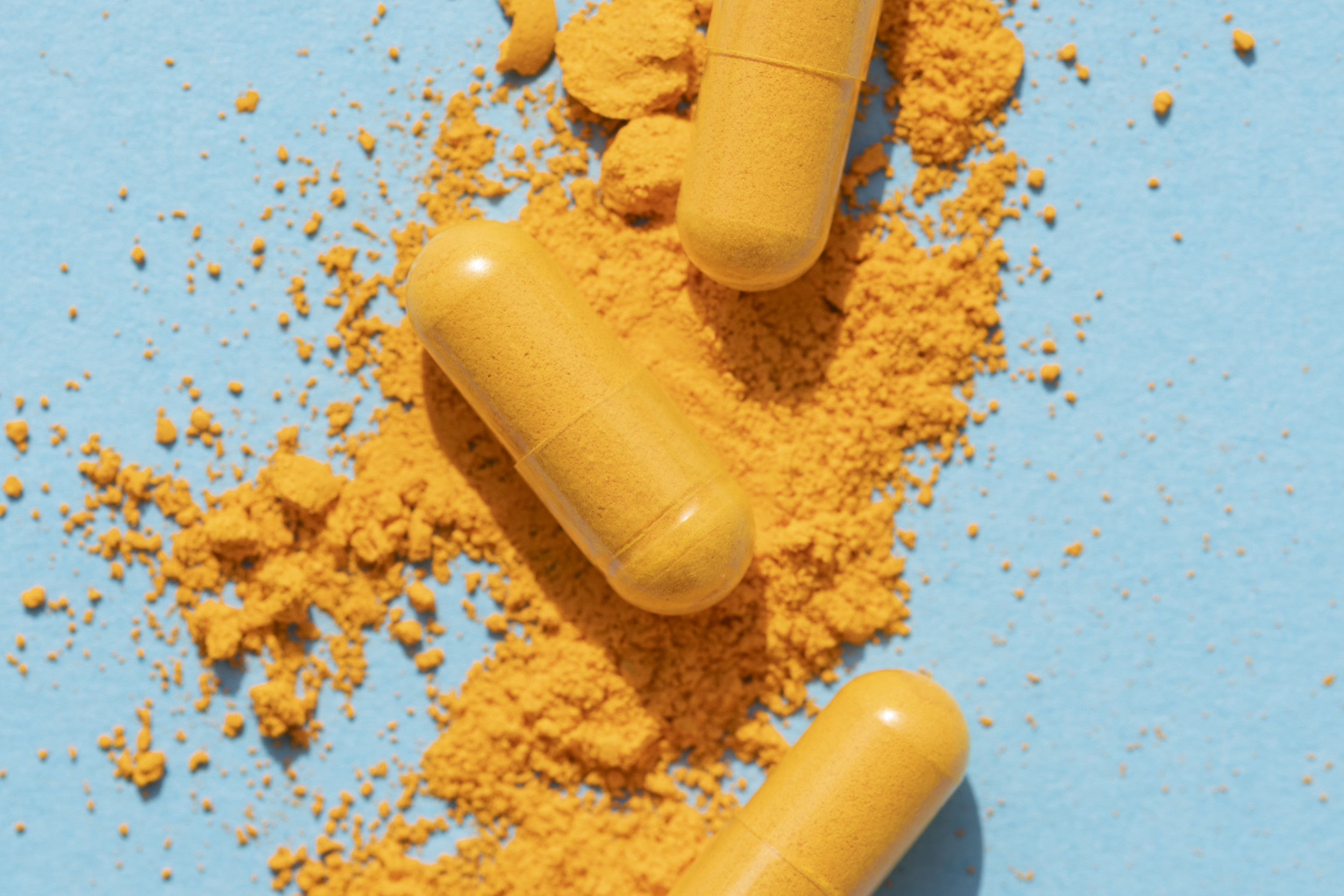New research indicates that a significant number of Americans may be consuming herbal remedies that contain harmful ingredients.
According to a study released in the journal JAMA Network Open., an estimated 15.6 million adults in the U.S. may have taken at least one herbal product within the last month that could potentially harm their liver.
About 4.7 percent of surveyed individuals reported using unregulated products like turmeric, green tea, ashwagandha, Garcinia cambogia, red yeast rice, or black cohosh—all of which have been linked to “hepatotoxic effects.”

ISTOCK / GETTY IMAGES PLUS
The research highlights that this number is comparable to those prescribed common medications like NSAIDs or statins. The authors emphasize the need for clinicians to recognize potential adverse events from these largely unregulated products.
Many people turn to herbal and dietary supplements (HDS) for health benefits, yet these products can contain substances detrimental to the liver, especially when taken in high doses. Discrepancies between listed ingredients and actual content have also been noted.
The Drug Induced Liver Injury Network (DILIN) tracked liver injury cases and reported a significant rise in instances attributed to herbal products, going from 7 percent in 2004-2005 to 20 percent in 2013-2014. Turmeric and green tea extracts are frequent culprits of liver damage, which can be severe or even fatal.
The six herbal products most commonly associated with liver injury include turmeric, green tea, ashwagandha, Garcinia cambogia, red yeast rice, and black cohosh. In a survey of roughly 10,000 adults, around 4.7 percent reported using at least one of these products recently. The breakdown revealed 236 individuals reported turmeric use, 92 used green tea products, and smaller numbers reported using the others.
While turmeric is often taken for joint health and green tea for energy, research shows little evidence supporting their effectiveness in these areas.
Extrapolating these findings, researchers conclude that as many as 15.6 million U.S. adults might be using at least one of these potentially harmful products. Alarmingly, liver damage linked to HDS use is on the rise and has been responsible for over 20 percent of liver injuries, leading to the need for transplants or even death.
Between 2010 and 2020, liver transplants due to HDS-related injuries increased by over 70 percent compared to the preceding decade.

ISTOCK / GETTY IMAGES PLUS
The authors do caution that their survey did not detect any liver injuries within the small sample size and was not designed to establish a causal link between herbal consumption and liver damage.
Despite this, the study’s findings underscore the widespread use of these supplements and signify the pressing need for regulatory measures to mitigate the risk of liver injury.
The authors urge government bodies to enhance oversight on the production, marketing, testing, and monitoring of herbal products given their growing popularity.
References
Likhitsup, A., Chen, V. L., & Fontana, R. J. (2024). Estimated Exposure to 6 Potentially Hepatotoxic Botanicals in US Adults. JAMA Network Open, 7(8), e2425822. https://doi.org/10.1001/jamanetworkopen.2024.25822
